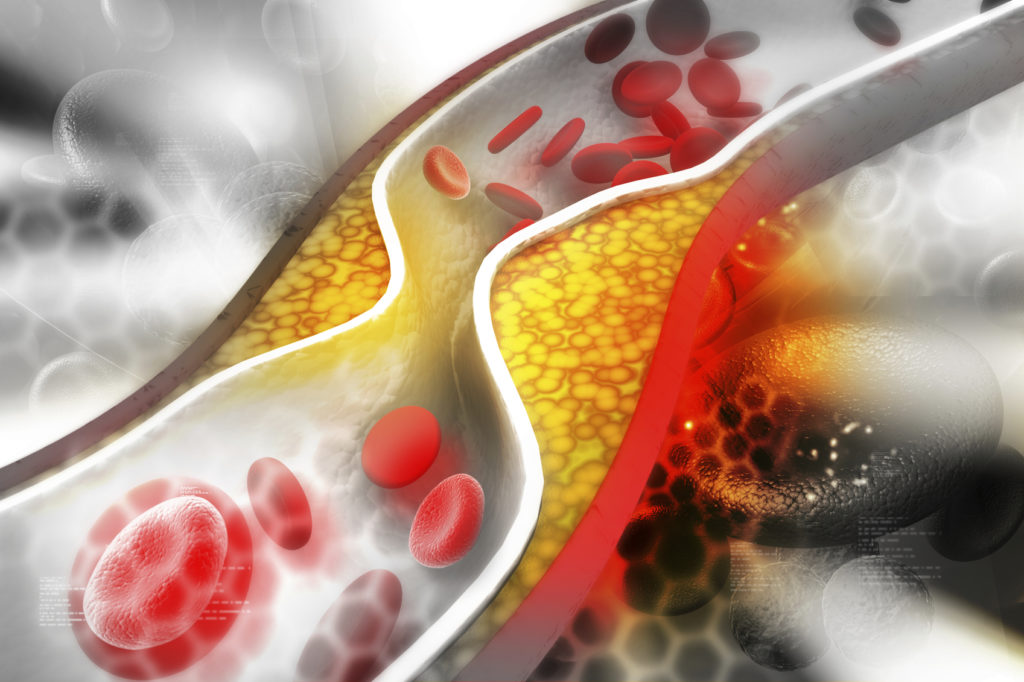Treatment of High Cholesterol
High cholesterol is a critical health concern you shouldn’t ever ignore. It increases one’s risk for heart attack and stroke but typically doesn’t cause any symptoms. If you often eat fatty and fried foods, smoke, and don’t usually get enough physical activity, you should get yourself screened for high cholesterol.
How is high cholesterol diagnosed?
To diagnose high cholesterol, your doctor will require you to undergo a blood test called a lipid panel or lipid profile1. This type of test shows a person’s total cholesterol, HDL (good) cholesterol, LDL (bad) cholesterol, and triglycerides, which are a type of fat in the blood.
Those who will undergo this test will be asked not to drink or eat anything except water 9 to 12 hours before a blood sample is drawn.
What are your treatment options?
Once you’re diagnosed with high cholesterol, your first line of defense includes exercising and changing your diet. While reducing bad cholesterol, these aid in healthy weight loss.
However, for some people, exercise and a healthy diet may not be effective in lowering cholesterol. If this is the case, doctors typically prescribe medications for high cholesterol. When planning your treatment options, they may consider the following factors: your age, personal risk factors, overall health, possible drug side effects, personal risk factors and other medications you’re taking.
Common medication choices for high cholesterol include the following:
1. Statins
Statins effectively reduce cholesterol levels, hence protecting against heart diseases and stroke. They work by blocking a substance needed by the liver to produce cholesterol. While removing cholesterol from your blood, they also help the body reabsorb it from deposits in the arteries, which helps reverse coronary artery disease.
While it’s effective, there are some side effects associated with the use of statins. For instance, some patients experience muscle pain, digestive problems, and confusion. If you encounter any of these, be sure to talk to your doctor about them.
Common statins2 include atorvastatin, fluvastatin, lovstatin, pitavastatin, pravastatin, rosuvastatin, and simvastatin.
2. Bile acid sequestrants
Bile acid sequestrants are a group of medicines that help lower bad or LDL cholesterol. They work by blocking the bile acid in the stomach3 from making its way into the bloodstream. That way, the liver uses cholesterol in the body instead to make more bile acid, effectively reducing cholesterol. For more aggressive LDL-reducing effects, these drugs may also be combined with niacin or a statin.
Like all other drugs, however, bile acid sequestrants may also produce side effects. These include constipation, abdominal pain, bloating, vomiting, diarrhea, and weight loss. In some cases, they may also reduce absorption of certain vitamins in the body such as vitamins A, D, E, and K4. Be sure to talk to your doctor about these adverse effects, especially if long-term use is advised.
3. Cholesterol absorption inhibitors
Another type of drug for treating cholesterol, called cholesterol absorption inhibitors, lowers total and bad cholesterol. They prevent cholesterol from food from being absorbed in the body. An example is ezetimibe, which may be combined with a statin5.
Changing your lifestyle
If you’re diagnosed with high cholesterol, changing your lifestyle and following your treatment plan are the most important steps to prevent heart diseases. Remember, even small changes can make a big difference in reducing your cholesterol levels and warding off serious heart complications. Also, be sure to consult your doctor regularly to see how well your treatment plan is working.
**This article is not intended to be a substitute for professional medical advise, diagnosis or treatment. Always seek the advise of your doctor or other qualified health provider with any questions you may have regarding a medical condition.
=====
1https://www.mayoclinic.org/diseases-conditions/high-blood-cholesterol/diagnosis-treatment/drc-20350806
2https://www.mayoclinic.org/diseases-conditions/high-blood-cholesterol/in-depth/statin-side-effects/art-20046013
3https://medlineplus.gov/ency/patientinstructions/000787.htm
4https://www.medicinenet.com/bile_acid_sequestrants/article.htm#which_drugs_interact_with_bile_acid_sequestrants
5https://medlineplus.gov/druginfo/meds/a603015.html

